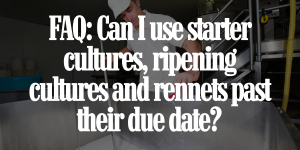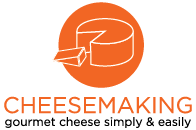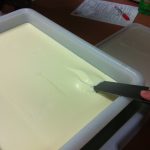 I want to say yes because you do not want to throw them out and spend more money buying a new set when you have not used all of the current set of ingredients. The safe answer is that you should not use ingredients when they are past their Best Before date. However, you are probably looking for a small piece of content in this article that you can justify using those ingredients! But a yes or no answer does not fit every situation, so you need to consider your ingredients on a case-by-case basis.
I want to say yes because you do not want to throw them out and spend more money buying a new set when you have not used all of the current set of ingredients. The safe answer is that you should not use ingredients when they are past their Best Before date. However, you are probably looking for a small piece of content in this article that you can justify using those ingredients! But a yes or no answer does not fit every situation, so you need to consider your ingredients on a case-by-case basis.
Firstly, the ingredients are usually given a ‘Best Before’ status and not a ‘Use By’ status. The BB means that the ingredients are reaching the end of their life cycle where they are working as they were intended to work. The BB date indicates that the ingredients will work as well as intended by the manufacturer at that BB date.
Secondly, you need to consider how you have been storing those ingredients. Have they been stored under ideal conditions? Or have they been in and out of the freezer or the fridge for extended periods?
Thirdly, have you noticed anything in the cheesemaking manufacture or ripening stages that tells you something is not quite, right?
Lastly, because the ingredients may not (or they may) perform at their best, you then need to consider there is a chance that the next cheese that you make may not turn out as expected, and you may have wasted a considerable amount of product as well as the time preparing to make, making and maturing your cheese. It may be just one ingredient out of all of the ingredients that you used that does not work, which will then affect the desired outcome for that cheese e.g. the starter culture is producing lactic acid slowly (or not producing any lactic acid at all); or the rennet is taking a long time to set, or the white mould spores are not growing on the Camembert….
To break down how to assess a few ingredients:
Rennet: it only has a short shelf life, and it is one of the cheapest ingredients, it is so important to get a good quality set to make good quality cheese. Rennet not only sets your cheese, it is 100% protease enzyme, so has a major influence on breaking down the protein structure as the cheese matures.
Ripening cultures: eg White and blue mould spores, Geotrichum, DH, KL, CU…In many cases, these cultures usually have 12 months BB from when they are manufactured. However, they must travel from the manufacturer to your culture distributor and then onto you. Quite often out of frozen storage and even out of refrigeration. This is less than ideal, but the freeze-drying process is a massive aid that allows cultures to be distributed without refrigeration. But you may be able to add a few months of use onto the BB date and still be confident that they will work.
Lactic acid cultures: These may have 24 months BB on them. So, they get 12 months longer than the ripening cultures, but still, the same distribution issue exists. The main issue is whether they will still produce lactic acid at the same rate. Even a minor drop-off in lactic acid will have a negative effect on your cheese. If you have a pH meter, you can find out if that is the case and possibly adjust the cheesemaking process. If not, it is very hard to know how well the cultures are performing. Maybe you can add several months onto the BB date and still be confident they will work.
One thing you definitely should not do with all of these ingredients, if they have past their BB date, is to guess how much they have deteriorated and try to make up for that by adding an increased amount of that ingredient.



